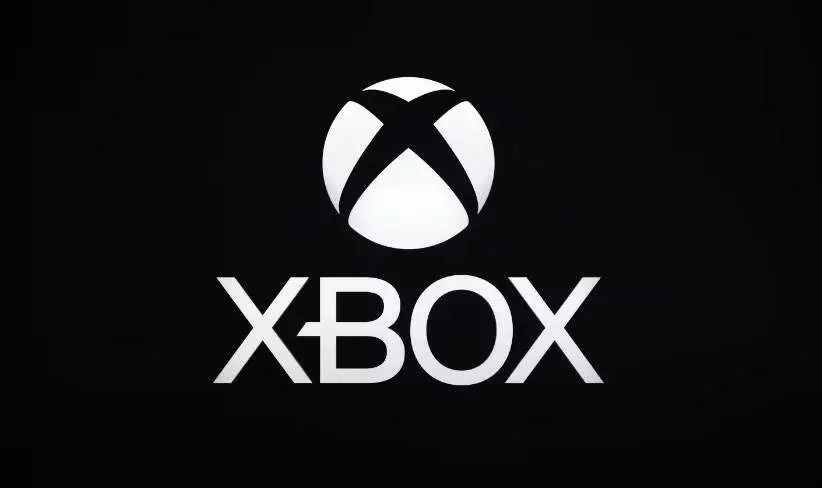In a recent interview, Phil Spencer, CEO of Microsoft Gaming, offered a revealing perspective on the current landscape of the video game console market. He stated bluntly that the sector is not on an upward trajectory, which has led Microsoft to reconsider its traditional approach to gaming. The stagnation of console sales across major players—namely Xbox, PlayStation, and Nintendo—indicates a shift is necessary. Spencer emphasizes that Microsoft’s future growth will not hinge solely on traditional consoles but will rather expand into PCs, cloud gaming, and broader accessibility for games across various platforms.
This analysis underlines a crucial pivot; the fundamental nature of gaming consumption is evolving. The traditional console, once viewed as the backbone of gaming, is now just one of many avenues through which players engage with their favorite titles. Spencer’s remarks highlight that although the console market might not be growing, it doesn’t signal a retreat from hardware development. Microsoft remains committed to creating future consoles, hinting at a promising next-generation console that is expected to redefine what an Xbox can be.
Despite a clear dedication to innovation, Spencer made it evident that Microsoft prioritizes meaningful upgrades over minor mid-generation refreshes, a strategy made popular by competitors like Sony with the PS5 Pro. In his view, an incremental upgrade must bring something distinct to the gaming experience, something that is increasingly difficult to substantiate in an environment where advancements in hardware do not automatically translate to enhanced gameplay. This brings to light an essential dilemma facing console manufacturers today—how to articulate unique selling points in a world where gaming experiences are becoming more homogenized across devices.
With significant advancements already achieved in previous generations, Spencer argues that demonstrating tangible benefits from new hardware is a growing challenge. Microsoft’s user experience, as communicated in their new “This Is An Xbox” ad campaign, drives home the point that Xbox is transcending physical hardware, becoming an ecosystem instead. That’s a transformative approach: redefining Xbox from a single device to a versatile gaming platform accessible through various technologies.
Spencer’s acknowledgment of diverse gaming platforms reframes how we perceive gaming—moving away from traditional norms and embracing a multi-faceted experience. It is clear that Microsoft will continue to cater to audiences that appreciate the consistency of a dedicated console, yet Spencer also understands the necessity of flexibility in meeting the demands of modern gamers.
In recognizing that contemporary games often dwarf the limitations of any single platform, Microsoft aims to cultivate a holistic experience focused on narratives, characters, and worlds that engage players regardless of their device of choice. Ultimately, Spencer’s vision for the Xbox ecosystem aims to unite gamers across varying platforms, reshaping allegiance to a brand rather than a box.
As the gaming landscape continues to evolve, Microsoft’s proactive approach could redefine not only the Xbox brand but also the gaming industry itself. By prioritizing accessibility and inclusivity, Microsoft appears to be positioning itself favorably to lead in an increasingly interconnected and multi-platform gaming future.


Leave a Reply